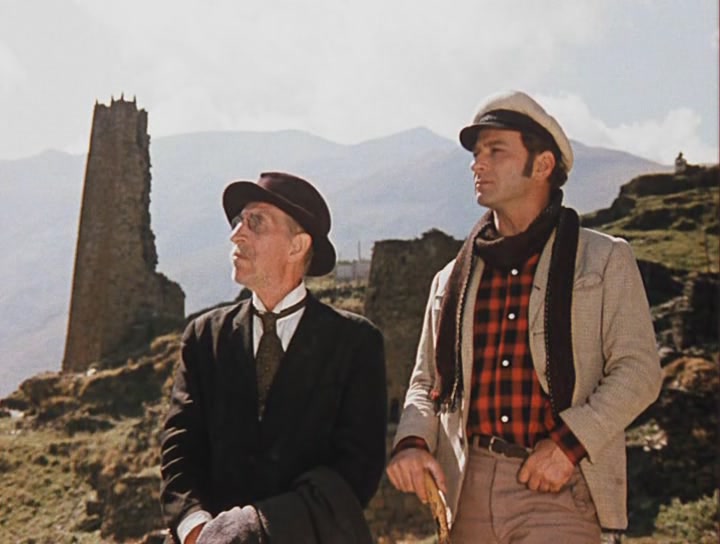I think this interpretation may lack cultural context. In Russia an official getting a monetary token of gratitude for allowing the project to proceed is normal. It's called "откат" (something that rolls back). It's not a "bribe", more like tribute. Not demanding откат is unusual
That's why "Serdyukov was ousted for corruption" argument is dumb. It's not "corruption", it's just normal rules of the game. When a high official falls "corruption scandal" is just a pretext. You must charge them with something so you pretend they did a "crime" by taking откат
When Ulyukaev was jailed that was seen as a result of his personal conflict with Igor Sechin. When Serdyukov was fired, this was seen as погорел на бабах. I don't think that either of this interpretations is exhaustive. But those with half a brain know it's not about "corruption"
Interpreting откат as a "bribe" is not nuanced enough. First, it's about sharing the profits. A businessman earns from a project, so an official who sanctions it must earn too. That's normal. It can be a problem only if you take too much, more than your rank (informally) allows
Consider the police colonel Zaharchenko. Working in the anti corruption department of the Russian Ministry for Internal Affairs, he stored 120 million usd cash in his sister's apartment. That's not about "corruption". That's about lack of moderation. He's just a colonel. The end 
• • •
Missing some Tweet in this thread? You can try to
force a refresh







